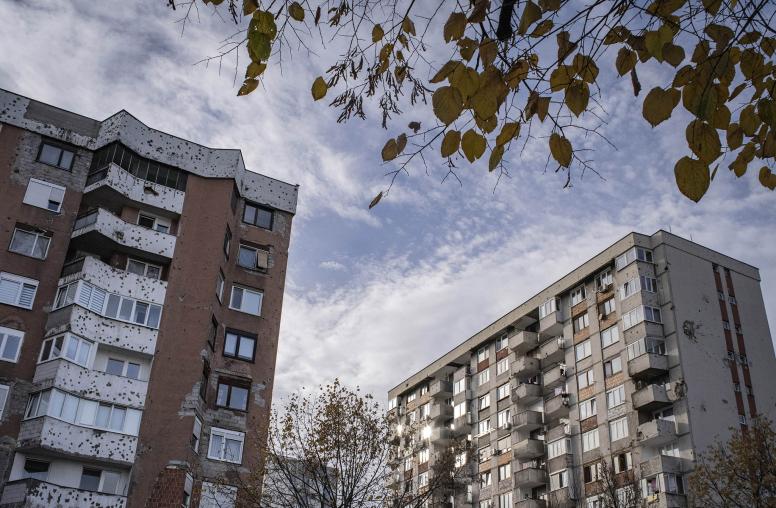Interfaith Dialogue and Peacebuilding
As the Christian, Muslim, and Jewish contributors to this volume have discovered firsthand, religion is better at fostering peace than at fueling war. Rarely, conclude the authors, is religion the principal cause of international conflict, even though some adversaries may argue differently. But religion can often be invaluable in promoting understanding and reconciliation-and the need to exploit that potential has never been greater.
Drawing on their extensive experience in organizing interaction and cooperation across religious boundaries in the Middle East, Africa, Southeast Asia, Northern Ireland, and the Balkans, the contributors explore the formidable potential of interfaith dialogue. The first part of the volume analyzes the concept and its varied application; the second focuses on its practice in specific zones of conflict; and the third assesses the experiences and approaches of particular organizations.
When organized creatively, interfaith dialogue can nurture deep engagement at all levels of the religious hierarchy, including the community level. It draws strength from the peacemaking traditions shared by many faiths and from the power of religious ritual and symbolism. Yet, as the authors also make plain, it also has its limitations and carries great risks.
About the Author
David R. Smock is vice president of the Institute's Center for Mediation and Conflict Resolution and associate vice president of the Religion and Peacemaking program, one of the Centers of Innovation. Previously he served as director of the USIP's Grant program and coordinator of Africa activities.
He has worked on African issues for over thirty years and lived in Africa for eleven years. As a staff member of the Ford Foundation from 1964 to 1980, he served in Ghana, Kenya, Lebanon, Nigeria, and New York.
From 1980 to 1986, Smock served concurrently as director of the South African Education Program, a scholarship program that brings black South African students to U.S. universities, and vice president for program development and research for the Institute of International Education. After serving as executive associate to the president of the United Church of Christ from 1986 to 1989, Smock became executive director of International Voluntary Services, supervising development projects in Africa, Asia, and Latin America.
He is editor of Interfaith Dialogue and Peacebuilding, Making War and Waging Peace: Foreign Intervention in Africa, and co-editor of African Conflict Resolution: The U.S. Role in Peacemaking. He received a Ph.D. in anthropology from Cornell University and holds an M.Div. from New York Theological Seminary.



